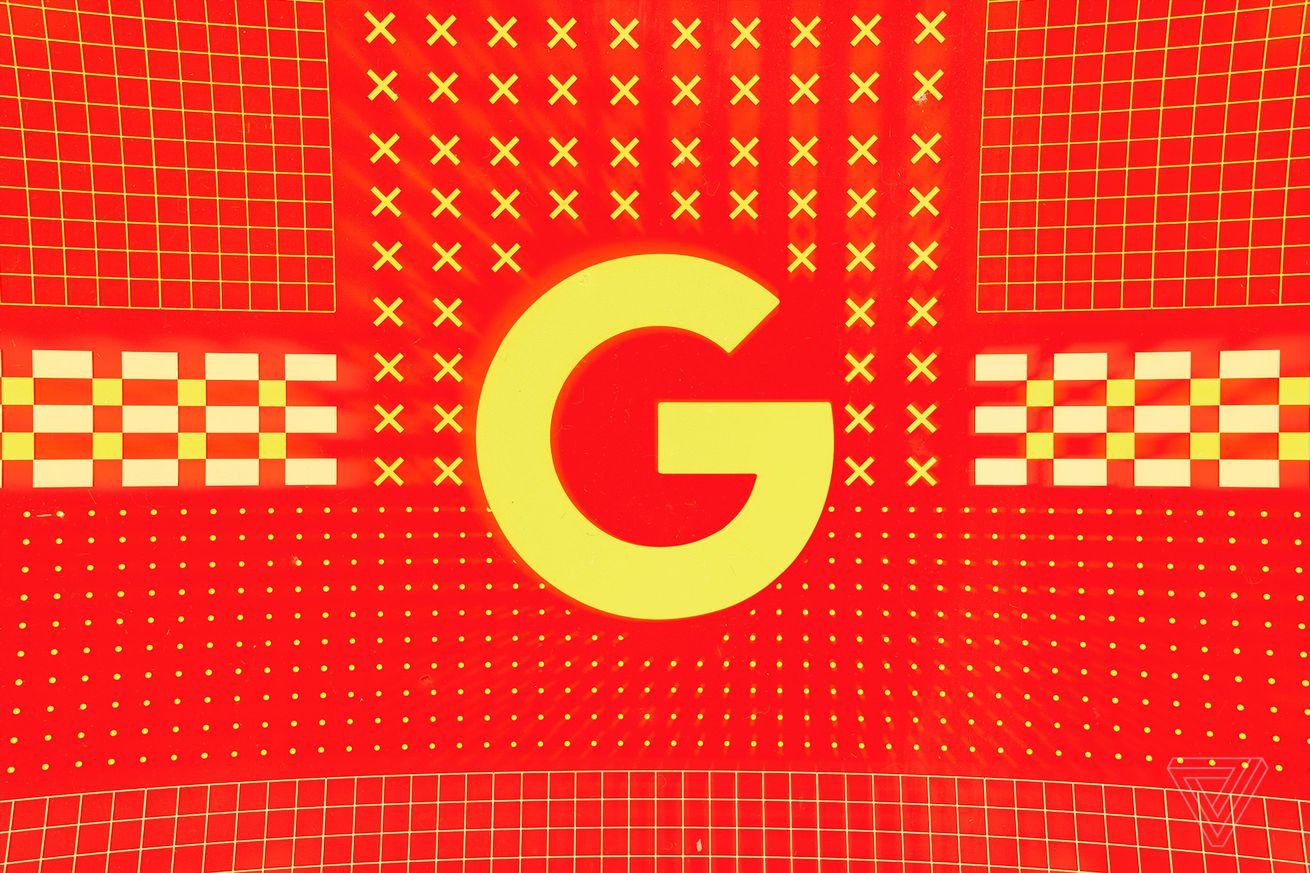

Illustration by Alex Castro / The Verge
Google is launching a new website it’s calling “Recover Together” that collates resources for addiction recovery in the United States. The site includes Google Maps-based search for resources like recovery support meetings and pharmacies that offer Naloxone without a prescription — it’s a drug that can be used to counteract opioid overdoses. The new site will be linked under the search bar on Google’s most valuable real estate: its home page.
The company says that it’s partnering with the Recovery Resource Hub to fill out its maps. Vetted sources are especially important in rehab, where scams can run rampant. Google itself ran afoul of those problems in 2017, when we reported on how rampant scams were in Google’s own search results. Google cracked down, banning many rehab ads, though it allowed vetted ones back onto the Google homepage beginning in April 2018.
The new page Google is launching today won’t feature ads, instead offering basic information on recovery, treatment, and prevention — with links to trusted resources.

Google used to famously refuse to put anything but a logo, a search box, and a button or two on its homepage. That’s changed in recent years, but a homepage promotion is still rare enough to be notable. Google says a link to its new site will appear underneath the search box. It says it’s launching in honor of the 30th annual National Recovery Month.
Even if the site is partially (or even mostly) meant as a PR move to make up for how badly it let itself get gamed by scammers in 2017, it still seems like a good starting point for people looking for help with addiction. It’s certainly more useful than a Google search for “rehab,” which as of this writing puts three or four ads at the top before the actual search results.
read more at https://www.theverge.com/ by Dieter Bohn
Tech







